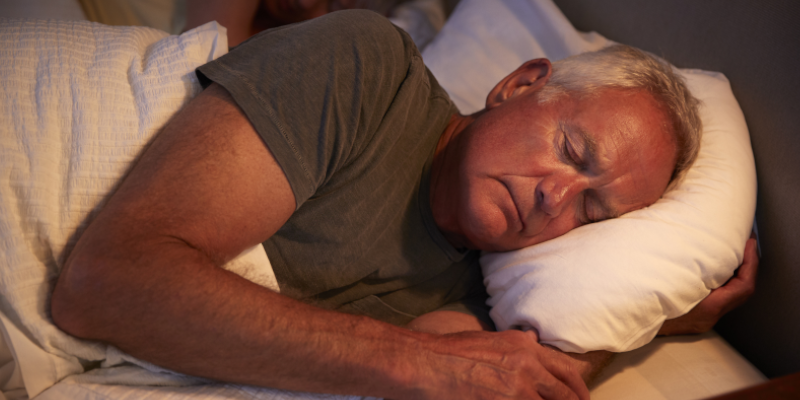Older people exposed to light during their sleep at night were more likely to have conditions including diabetes and high blood pressure, research has found.
A group of 552 women and men aged from 63 to 84 years wore a device to measure light exposure as they slept, over a period of seven days.
The research team from Northwestern University in America found that less than half of the participants slept in complete darkness on a regular basis.
- People with diabetes could lose weight in their sleep with new technology
- Shortened sleep during adolescence increases sugar intake
The team has said that more research needs to be carried to determine whether having conditions such as obesity, diabetes or high blood pressure means people sleep with a light on, or if light exposure can lead to these conditions. Having to use the toilet during the night, for example, could mean people tend to leave a light on, or to reduce the risk of falls.
Dr Minjee Kim, assistant professor of neurology at Northwestern University Feinberg School of Medicine, said: “Whether it be from one’s smartphone, leaving a TV on overnight or light pollution in a big city, we live among an abundant number of artificial sources of light that are available 24 hours of a day.
“Older adults already are at higher risk for diabetes and cardiovascular disease, so we wanted to see if there was a difference in frequencies of these diseases related to light exposure at night.”
- Physical activity reduces risk of type 2 diabetes and heart disease
- Children staring at screens for three hours daily more likely to develop type 2 diabetes
The team is now looking to carry out a further study to see whether reducing light exposure during sleep brings about health improvements.
Their top tips for reducing light exposure at night include:
- If you need to have a light on, ensure it is a dim one that is close to the floor
- Avoid white or blue light – opt for amber, red or orange lighting, which does not stimulate the brain as much
- Use eye masks or blackout blinds if you can’t avoid outdoor light getting in, and move your bed to a position where it’s exposed to the least amount of light.
Study co-author Dr Phyllis Zee, chief of sleep medicine at Feinberg, added: “It’s important for people to avoid or minimise the amount of light exposure during sleep.”
The study has been published in the journal Sleep.




